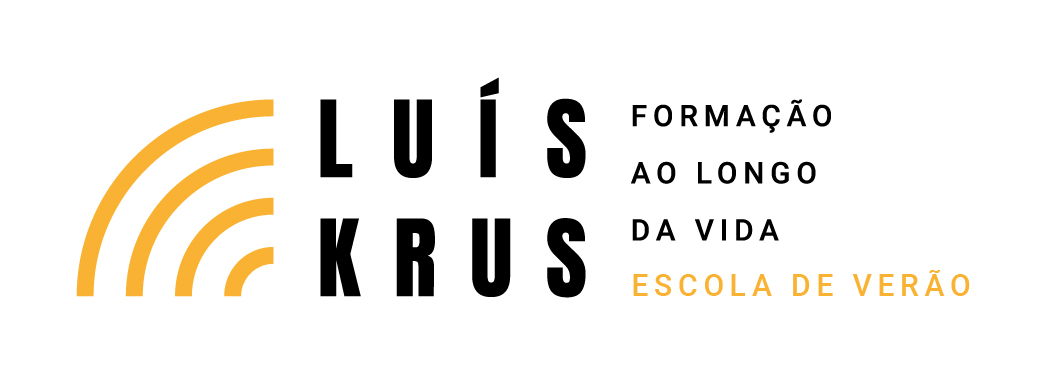
Introduction to Environmental Humanities
This course will be taught face-to-face
Goals
____
By exploring the political engagement of thinkers, artists, and activists with environmental conditions and climate action across the globe and analyzing cutting-edge theoretical, political, and cultural developments in the Global South and North – students will gain important knowledge in the fields of philosophy, contemporary arts, ecological thinking, environmental politics, and activism. In the course, we will explore how words construct worlds: what they mean, what they do not mean, and how we use concepts such as ‘nature’, ‘earth’, ‘environment’, ‘Anthropocene’, ‘planetary’, or ‘climate’ to construct and negotiate reality.
programme
____
Class 1
Introduction to Critical Theory in the age of the Anthropocene
This class introduces the new environmental challenges and their knowledge-production implications. It addresses the challenges and possibilities of working across disciplinary boundaries, building collaborative affinities, and negotiating frictions between diverse methodologies and epistemological approaches.
Class 2
Philosophy after the Anthropocene 1
In this class, we reflect on some themes of classical critical theory, from Kant to Adorno, Walter Benjamin to Derrida, and Judith Butler, revisited under the light of the Anthropocene era.
Class 3
Activism and Political Ecologies 1
In this class, we explore best practices in public environmental humanities, to develop and execute cross-disciplinary, public engagement projects on the environment.
Class 4
Activism and Political Ecologies 2
In this class, by mapping new forms of political activism and art-making, we will connect these fields of inquiry, while also critiquing these trajectories and seeking to provide alternatives for knowledge production in the present.
Class 5
Arts and Political Ecologies
This class explores the central role of the arts in the creation of sustainable communities It will address the diverse narratives of ecological thinking in the arts, as we will contextualize and interrogate contemporary disciplinary discourses as well as historical assumptions related to ecological thinking in art and environmentally-conscious practices.
bibliography
____
- Timothy Morton, All Art is Ecological, Penguin 2021.
- Kathryn Yusoff, A Billion Black Anthropocenes or None,University of Minnesota Press, 2019.
- Joanna Zylinska, The End of Man: A Feminist Counterapocalypse, University of Minnesota Press, 2018.
- Andreas Malm, Fossil Capital: The Rise of Steam Power and the Roots of Global Warming, Verso, 2016.
pre-requisites
____
The course is entirely in English. A good knowledge of English is required.
tuition fees
____
For more details see table in informações úteis.
teachers
____
Giovanbattista Tusa is a philosopher and video artist based at the Nova Institute of Philosophy of the Universidade Nova of Lisbon in Portugal, where he coordinates the research seminar X-CENTRIC FUTURES. His research focuses on the new possibilities opened up by ecological thought, as well as the connection between artistic praxis, economic and aesthetic mutations, and contemporary philosophy. He is the author, with Alain Badiou, of The End (Polity Press, 2019). He recently coedited Fernando Pessoa and Philosophy. Countless Lives Inhabit Us (Rowman & Littlefield, 2021), PPPP. Pier Paolo Pasolini Philosopher (Mimesis International, 2022), and Dispositif. A Cartography (MIT Press, 2023). He is the director of the Planetary Conversations, in collaboration with The Philosophical Salon.
